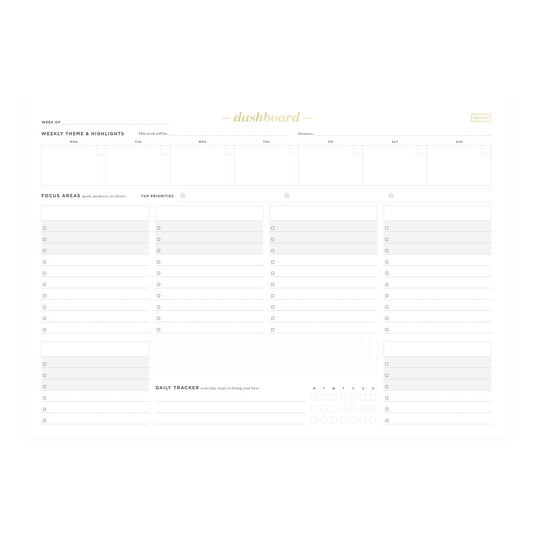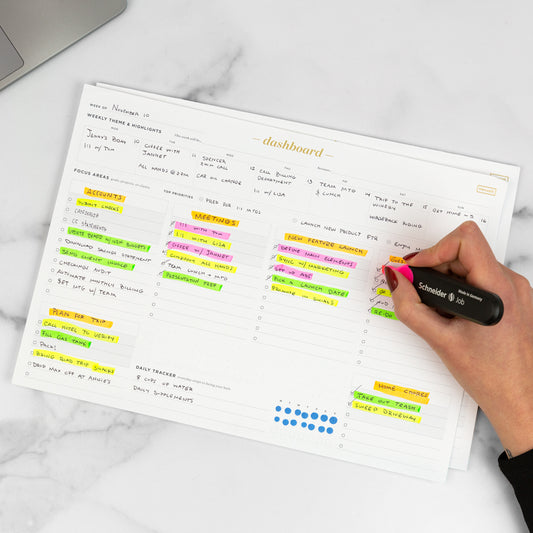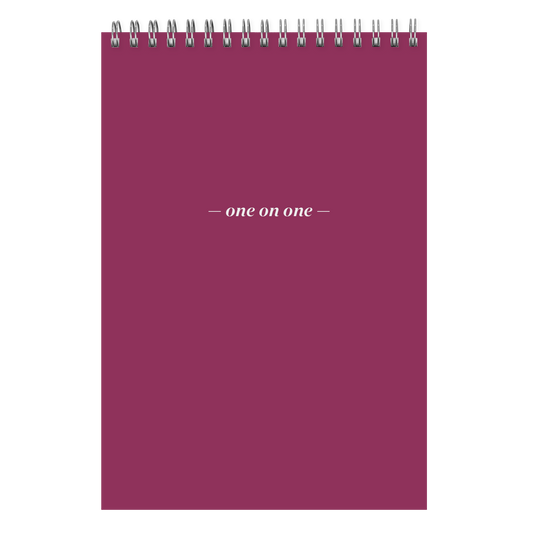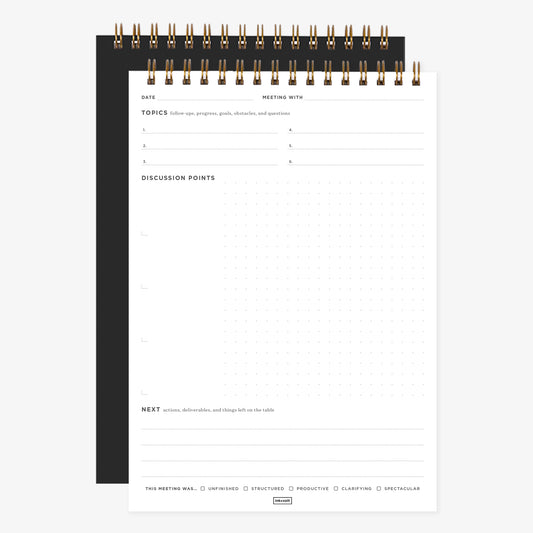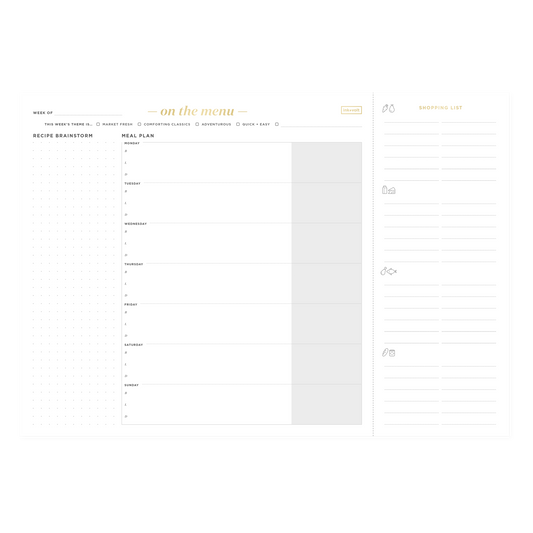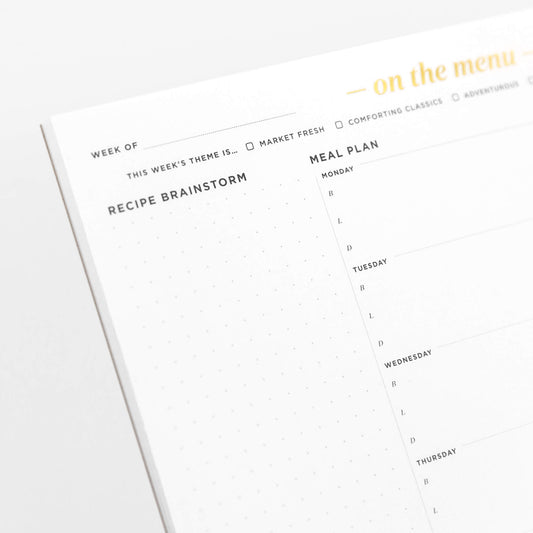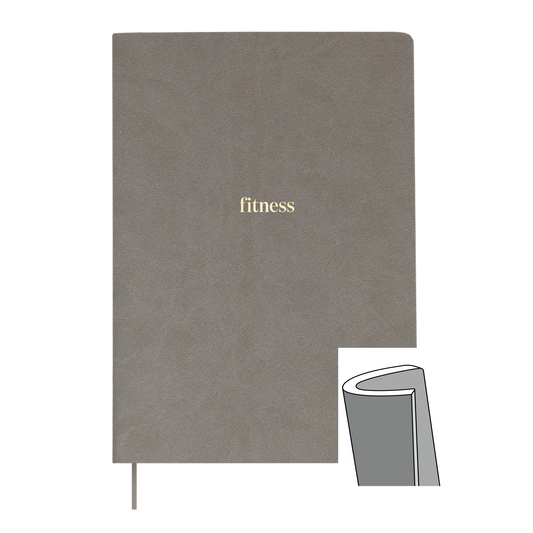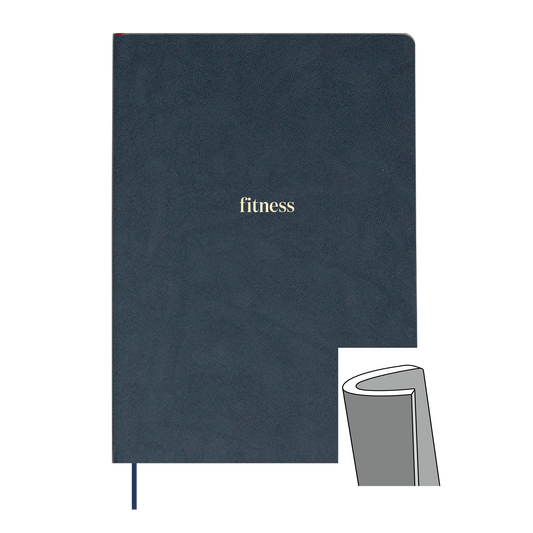If only a 90-minute massage was the cure-all for stressful weeks.
That level of self care doesn’t always fit into busy lifestyles. For many of us, a massage or spa day is actually quite rare (despite how many blogs suggest we just make it a part of our weekly routine of relaxation).
Most of us have to make due with what’s left: five minutes here or a half hour there.
But even those of us who have marathon weeks can find some time — sometimes the tiniest bit of time — to focus on ourselves and do something relaxing and beneficial for our well-being. It may require re-thinking “self care” though. It doesn’t have to be lavish like a big retail therapy session (even though a Target trip *does* always seem to do wonders) or a pricey facial.
Self care can be taking five minutes to meditate in the morning, packing a nutritious lunch, or setting aside some time to phone your mom or best friend — all things that may contribute to reducing stress, improving your week, and that don’t have a giant price tag or time commitment.
How to focus on yourself and your self care routine
A good way to start mastering the art of simple self care is to commit to an audit and evaluation of what you do throughout your week now. What kinds of things do you make a priority that you actually enjoy? An evening yoga class? A face mask? Stretching after you wake up? While it’s already built into your routine, that doesn’t mean it isn’t self care. Sometimes we forget that we’re actually doing this for ourselves.
Rethinking those acts can also help evaluate whether they’re really contributing to your self care rituals or whether you should try something different entirely.
In fact, just having a daily or weekly routine should be considered part of self care because it’s really great for your physical and mental health. One study conducted last year found that those with routines sleep better. Better sleep is great self care. If you’re keeping up with routines, even simple ones, then you are already practicing how to focus on yourself and prioritize your personal balance.
If the whole point of self care is to reduce the effects of daily stressors, then building a routine with moments of calm can be very beneficial. But it may take some planning. An easy place to start is when you get ready for bed because you’re already thinking about turning off for the day and bringing your mind and body into a more relaxed state.
Evening moments of self care can include:
- Putting your phone on silent for a few hours before bed. Reducing blue light has been found to improve sleep, so put the phone down — or in another room, if that works better — and find some self care in being email/social media/phone-free before drifting off to sleep.
- Journaling at the end of the day is a great act of self care, too. It allows you to reflect on the day and defuse all of the things that built up stress.
- A quick sheet mask. Set aside 10 minutes after washing your face for a rejuvenating face mask. It’ll feel luxurious and only take a short amount of time, plus you can get a sheet mask for about $1-2 each. You’d be surprised the difference spending just a few minutes quietly doing something nice for your skin can make in your mood.
Likewise, taking a few minutes to boost your make-up routine can have an equally uplifting effect. My friends swear by this. Taking things up a notch with a bold lip color or a little blush doesn’t always add a ton of time to your morning routine, but can make you feel like you’ve done something for yourself all day long.
Boosting confidence, however you decide to do it, is a great ritual for yourself.
Amplifying what you already do also applies to other moments throughout the day, like with lunch. Pack a great salad or something that’ll fuel you for the remainder of the day. Changing things up can make it feel like an act of self love too. Throw in some strawberries or walnuts instead of chips.
If you’ve looked at your day and don’t spot anything that feels like self care, or something that makes you feel good, look at the pockets of time you have throughout the day. There may be room for some self care in between meetings or when you first get home from work.
- A few minutes after lunch is a great time to take a quick walk. Even just a few minutes can do the mind and body good. Stretch a little bit, if that helps.
- On an extra tough day, grab an afternoon latte (decaf!).
- Try a new fitness class to shake up your workout routine.
Learning how to focus on yourself is a process (and doesn’t mean changing your entire lifestyle)
Making time for self care can be really difficult, but it’s often achievable with a little bit of planning. Even the craziness of the day can be a good reminder that you need a little you time, like a bath or fresh coat of nail polish.
Recognizing that acts of self care don’t have to be extravagant is easier said than done because they’re also easy to put off. Put it on your calendar or set a reminder if you have to. Just because you could fill 15 minutes with sending more emails, doesn’t mean doing something else isn’t time well spent.
Realize that you’ll be rewarding yourself by taking a few moments for yourself in the short term and the long term.
If it’s especially challenging, set a goal. Like, going to one yoga class per week or prepping lunches for three work days. It can even be more broad, like setting an hour or two aside for yourself each week. One week it might be a pedicure, another it might be meditation. For lots of people, no two weeks are the same. Self care doesn’t always have to be either.
It’s also okay to try a few different rituals to figure out what you like best and what works best. If eating a wholesome breakfast doesn’t work best with your schedule, don’t force it. Likewise, before-bed meditation isn’t for everybody either.
Self care is completely personal and is never one-size-fits-all. It may take a little while to figure out what self care means to you and your busy schedule, but being busy doesn’t always have to be a barrier.
That can even be a factor in making the time a priority. That in turn helps prevent burnout, even if little by little.


